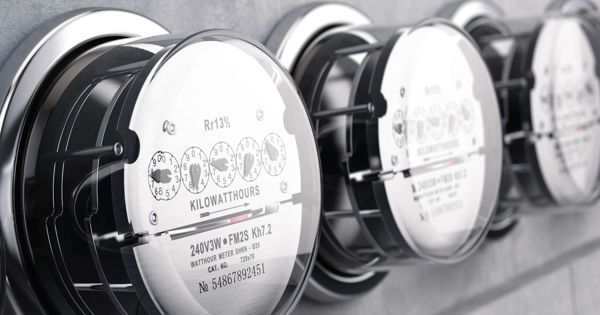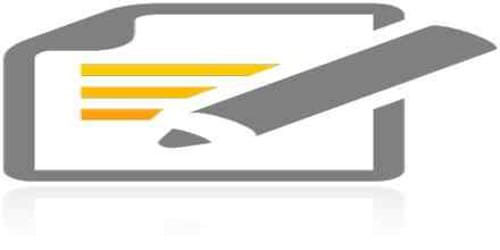Since companies deliver codes quickly, cloud resources need their tools to provide some signs of control and management in order to deliver. EnV0, a startup that helps companies do just that, today announce a $17 million series. Microsoft’s venture fund, M12, led previous investors with shares of Boldstart Ventures, Grove Ventures and Crescendo Ventures.
The company last April and we received $3.3 million seed goals last summer under an undeclared $3.5 million add-on. Today’s round raised a total of $23.6 million, helps developer companies control cloud prices while giving developers the ability to deploy to the cloud within spending limits. It also provides a level of administration for the code as it moves towards deployment through the development cycle.
When we spoke to the company about its seed round last April, the company’s product was just entering beta. It’s been readily available for about 4 months now and since then they’ve built a lot of functionality, according to the company’s co-founder and CEO Ohad Mylish. “The last time we talked, we focused only on manual selfie services and empowering developers in a non-productive environment. With code automation and infrastructure as a team and administration, we basically manage all of the cloud deployments for our customers,” Miles explained.
With the product generally available this year, he reports that the company now has customers from dozens of providers and they are making money. Customers include JFGrog, Veronica and BigID. The startup has also increased from just 2 employees in April 2020 to 1 today and plans to reach 50 in the next 18 months and start work in the new capital. He said the diversified staff should be brought in to help his company grow and come up with different ways to solve the problem. “I think bringing people with different cultures, different backgrounds is the key thing that they bring [different ways of thinking].”
Currently, the company is based in Israel with plans to open an office in the United States. Employees want a minimum of two days in the Israeli office, three days at home, or any combination. He says he plans to hire people in the U.S. office because he established himself there and all those employees could be remote if they get a chance to understand something from that role.
















